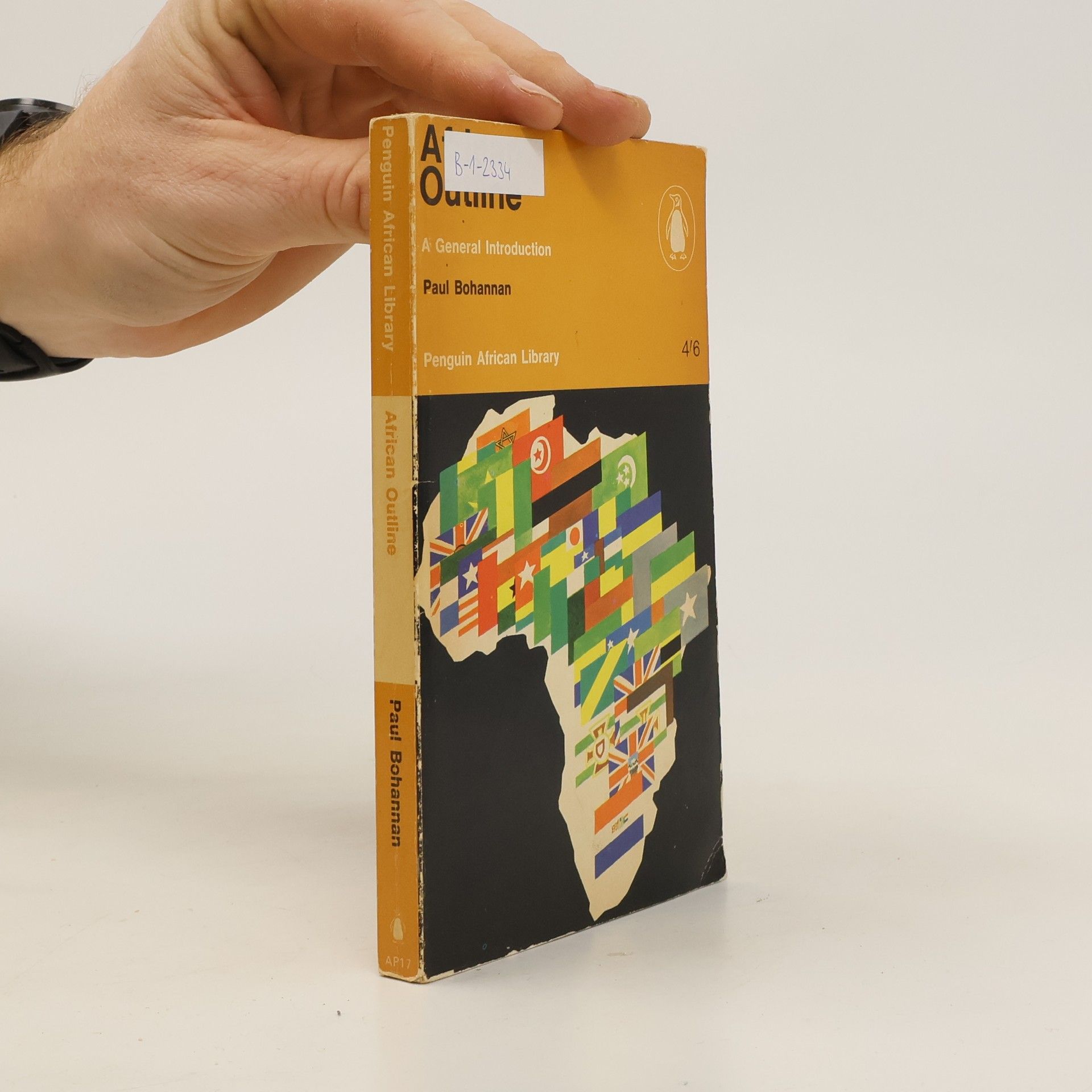Reissue of a 1933 book in which the author argues that the American educational system is designed to conform to the needs of white people and as such has been responsible for fostering attitudes of subservience and shame in African-Americans
Carter Godwin Woodson Livres
Cet historien et auteur pionnier a consacré sa vie à la découverte et à la promotion du rôle essentiel des Afro-Américains dans l'histoire américaine et mondiale. Poussé par la conviction que leurs récits étaient négligés, il a créé des institutions cruciales pour l'étude et la publication de cette histoire. Son travail a initié non seulement des recherches universitaires, mais aussi des célébrations nationales qui ont évolué pour devenir le Mois de l'histoire des Noirs. Il se caractérise par une quête incessante de reconnaissance et une profonde compréhension qui a influencé d'innombrables chercheurs ultérieurs.




The History of the Negro Church
- 172pages
- 7 heures de lecture
Carter Godwin Woodson, an influential historian and journalist, is recognized as a pioneer in the study of African-American history. He founded the Association for the Study of African American Life and History and established The Journal of Negro History in 1916. Woodson is celebrated as the "father of black history" for his efforts in promoting awareness and education about African-American contributions, notably initiating "Negro History Week" in 1926, which later evolved into Black History Month.
A Century of Negro Migration
- 136pages
- 5 heures de lecture
The book offers a detailed examination of the migration of African-Americans from the South to the North and West, highlighting the historical context and socio-economic factors driving this movement up to the Twentieth Century. Utilizing both primary and secondary sources, it presents a compelling narrative that delves into the struggles and challenges faced by migrants, providing a rich analysis of their experiences and contributions to American society.
The African Background Outlined
- 490pages
- 18 heures de lecture
Exploring Africa's history and cultural contributions, the book is divided into two parts. The first part offers insightful chapters on the African experience, covering topics such as the perception of Africans in Europe, their representation in literature and art, education, religious development, and the impact of economic imperialism. The second part provides bibliographical notes and commentary, enriching the reader's understanding of the themes discussed. This work serves as a vital resource for educators and the public to gain a deeper appreciation of Africa's significance.